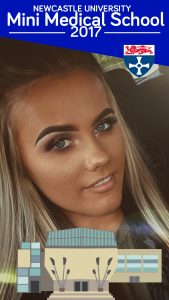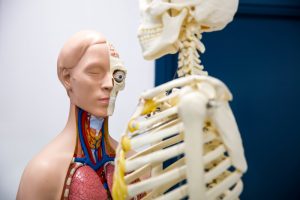As the Winter Olympics draws to a close this weekend, scientist and Newcastle Graduate Ambassador, Ashleigh, takes us through some of the most interesting sports science stories of the games.
Science is becoming more and more important in sport as our understanding of sport and technology improves. The 2018 PyeongChang Winter Olympics have highlighted the importance and more evident involvement of science in sport, Brian Cox even narrated the opening montage of the BBC’s sports coverage.
Here’s 10 of our favourite sport and exercise science stories from the 2018 PyeongChang Winter Olympic games…
- One big story recently has been the Russian doping scandal, banning the Russian team from competing. Scientific America look at how doping is carried out in the Olympics.
 Some Russian athletes have been able to compete representing Olympic Athletes from Russia rather than The Russian team.
Some Russian athletes have been able to compete representing Olympic Athletes from Russia rather than The Russian team.
- Although after bans are completed most athletes usually return to competing, this blog post describes how drugs such as steroids can have a lasting effect on athletes even after athletes stop using them.
- Why are so many people game to throw themselves off the side of a mountain standing on couple of skinny planks of wood? This blog dives into the attraction of the adrenaline pumping winter sports.
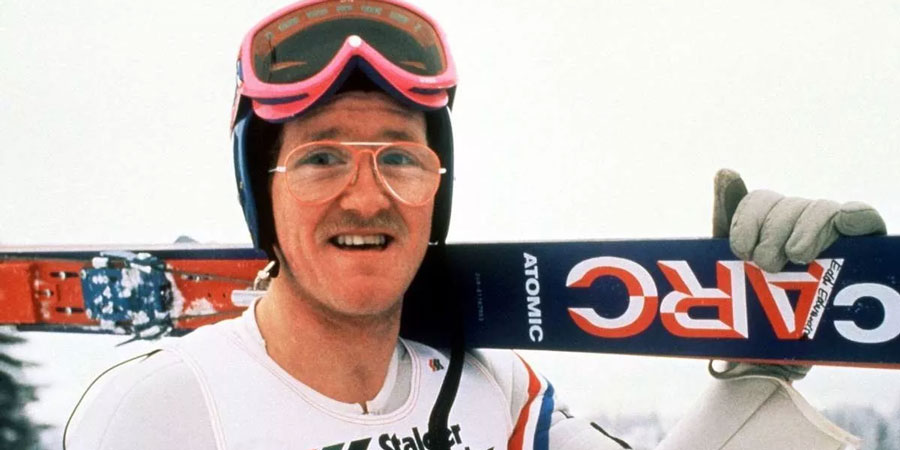 Eddie the Eagle became an unlikely British hero after signing up to the 1988 Winter Olympics to compete in the Ski Jump (without much success) despite his limited experience!
Eddie the Eagle became an unlikely British hero after signing up to the 1988 Winter Olympics to compete in the Ski Jump (without much success) despite his limited experience!
- Winter Olympics are seen as some of the more dangerous sports but statistics show that the fairly leisurely sport of curling has more recorded injuries at the Olympics than Ski Jumping!
https://aws.scientificamerican.com/article/leg-head-injuries-frequent-at-olympics/
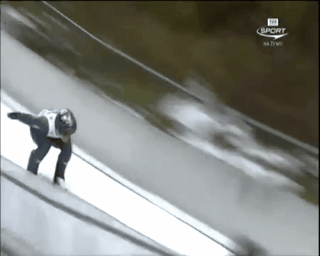
- Protective helmets are a common feature in the games but the high levels of injury also mean that more time and money is being spent on athlete safety. We could even see some athletes sporting airbags at the games!
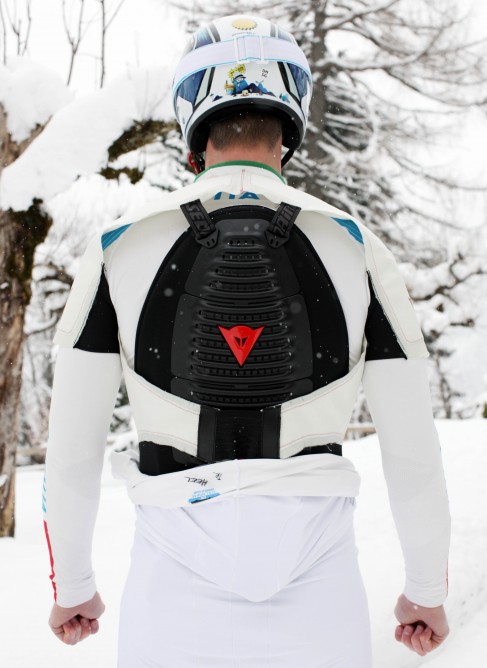
- Meteorologists predicted this was going to be the coldest Olympics yet! The new technology even stretched to the outfits the teams would be wearing, with electric blanket style coats to stay warm!

- Great Britain’s clothing even caused a bit of a “cheating” scandal. Their suits had been designed to reduce drag by adding ridges, giving similar aerodynamics to a golf ball. Luckily it was decided that the suit was allowed and Team GB went on to win a Gold and Bronze medal in the women’s Skeleton event.
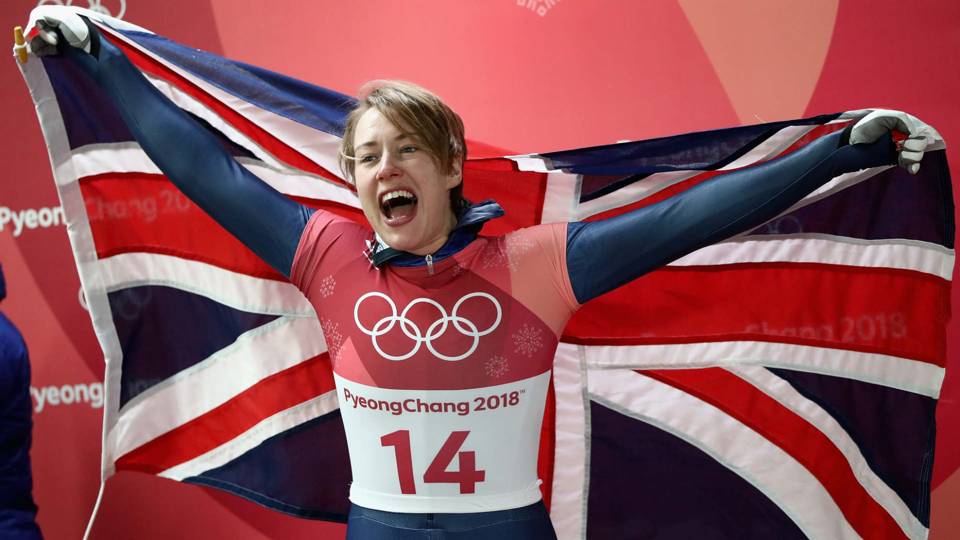
- If you’ve ever been ice skating and had to cling onto the side of the wall, you may think figure skating looks impossible. This article describes how practicing figure skating can rewire the brain to overcome that fear of falling flat on your face.
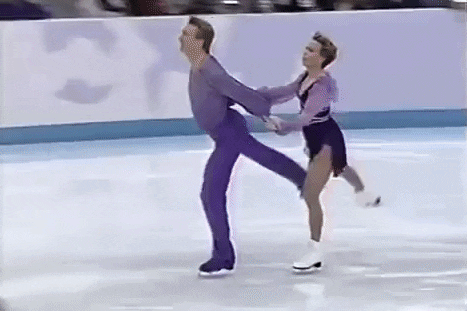
- The US winter Olympic team have also been training their brains, using brain stimulation and virtual reality equipment. Sports scientists believe this will optimise the training gains.
http://www.bbc.co.uk/sport/winter-olympics/42572433
- And finally, it turns out everyone’s favourite winter Olympic sport is also a marvel of physics!
https://www.inverse.com/article/41383-winter-olympics-2018-researchers-answered-curling-question
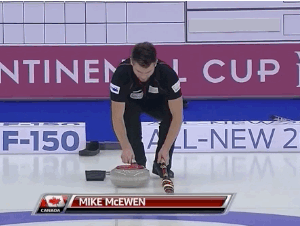
Found this interesting? Check out Newcastle University’s Sport and Exercise Science degree here.
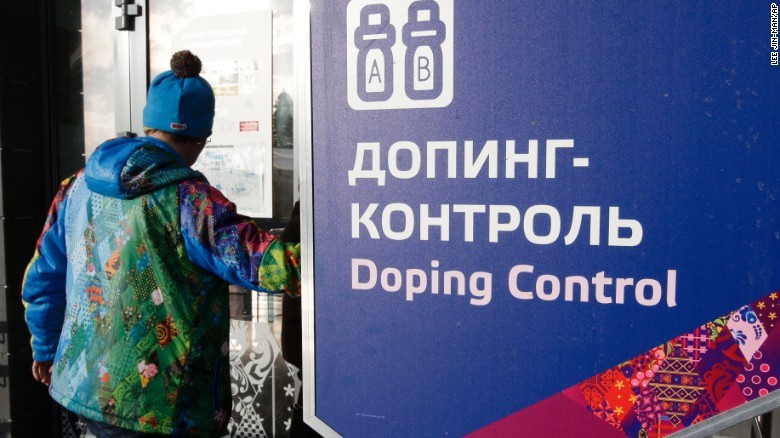
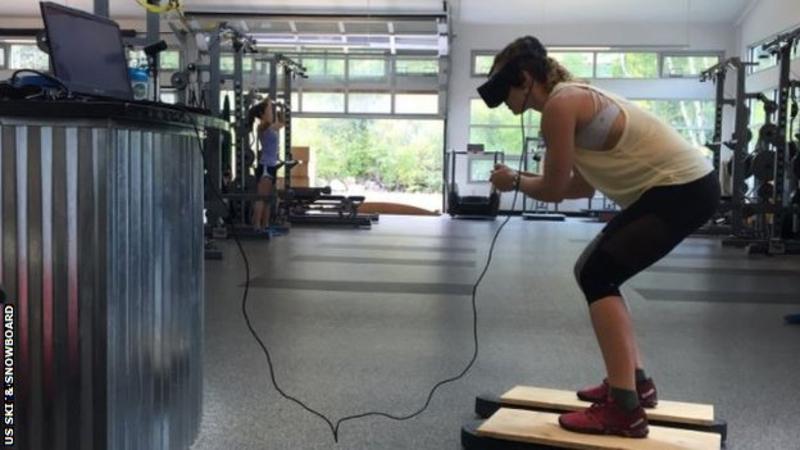
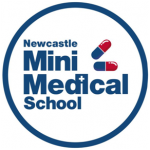 Our friends over at the Faculty of Medical Sciences hold an annual series of interactive lectures and practical sessions over six weeks, open to anyone aged 15+ known as
Our friends over at the Faculty of Medical Sciences hold an annual series of interactive lectures and practical sessions over six weeks, open to anyone aged 15+ known as 